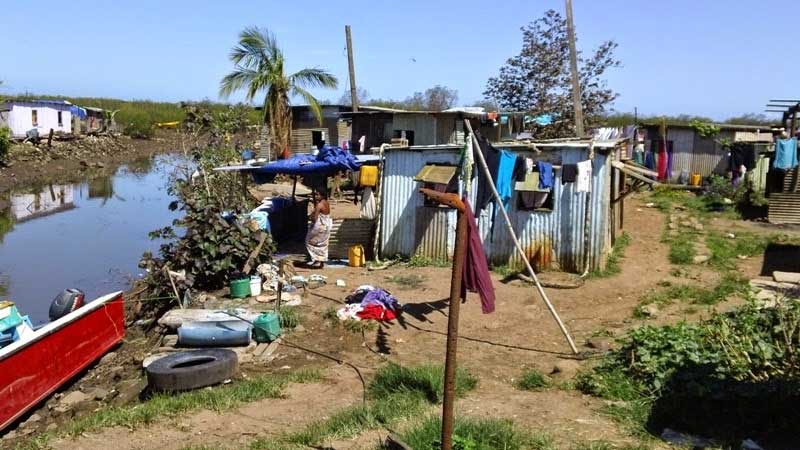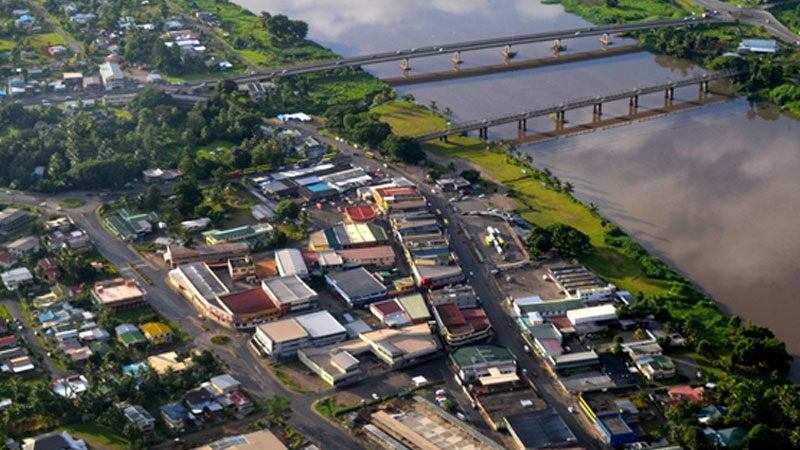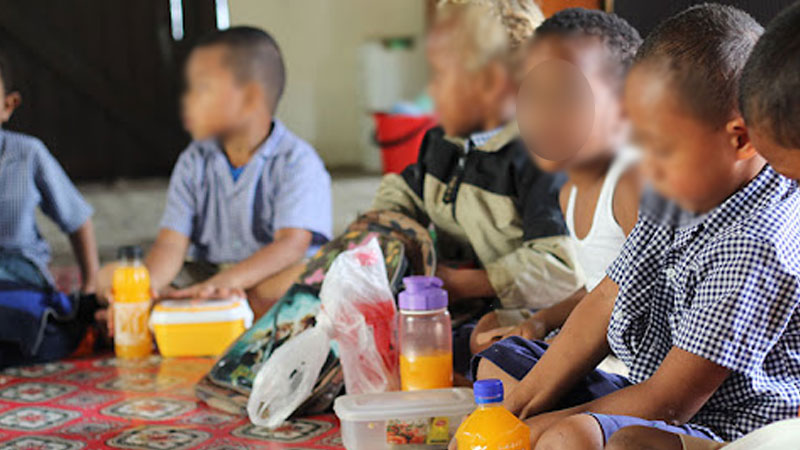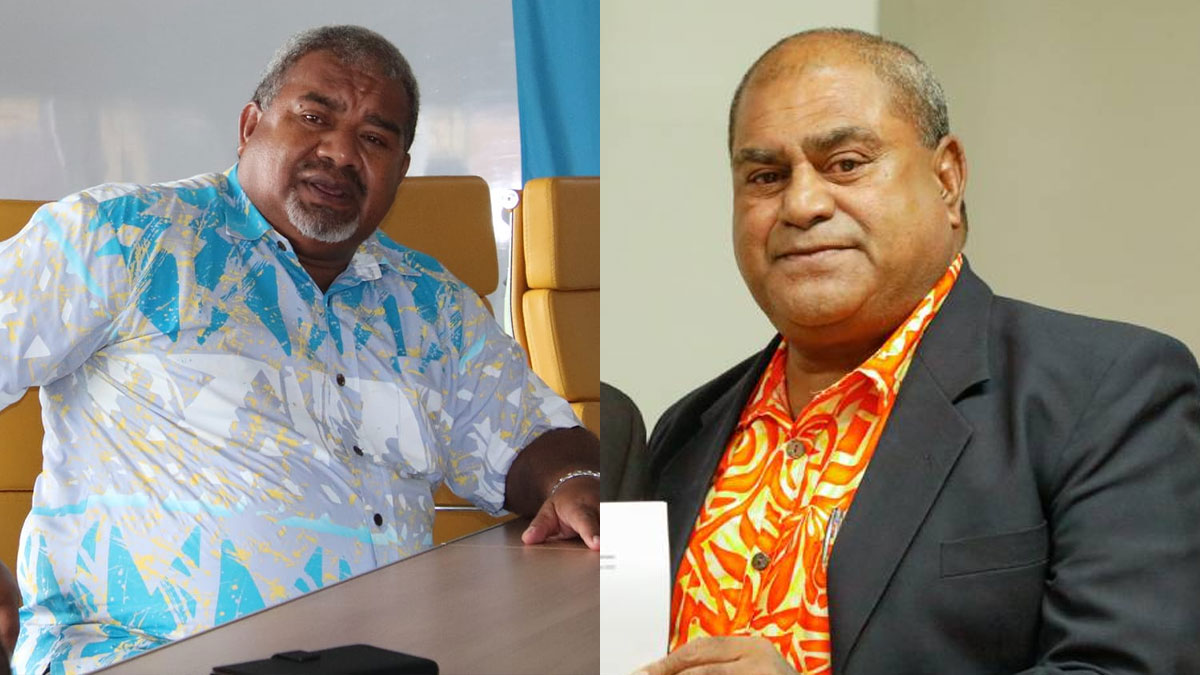
The Fiji Bureau of Statistics 2019-2020 Household Income and Expenditure Survey confirms 29.9 percent of Fijians, or about 258,000 individuals in 45,724 households, lived under the Basic Needs Poverty Line of $41.91 per adult equivalent per week.
This means that three out of ten Fijians were living in poverty in 2019-2020, with rural poverty still much higher than urban poverty.
According to the Bureau of Statistics, 160,450 people in rural areas are living in absolute poverty while 97,602 people in urban areas are living in absolute poverty.
The bureau says poverty was higher in rural areas standing at 41.5 percent than urban areas at 20.4 percent, with 62.2 percent of the poor living in rural areas.
Based on the bureau’s poverty estimates and distribution, 192,977 iTaukei, 58,933 Indo Fijians and 6,143 from the others population makeup are living in absolute poverty.
It has also been revealed that 134,060 males and 123,992 females were living in absolute poverty when the survey was conducted.
Poverty also varied by education and labour market characteristics of the household.
Households whose head had higher levels of education had lower poverty rates, although the returns to education were much lower in rural areas than in urban areas.
Poverty rates were also lowest among households whose heads were employers or involved in salaried work, particularly outside of the agriculture industry.
The bureau says three distinct groups of poor emerge from the data, each with their own challenges and policy needs.
The first group is the urban poor, whose primary needs are improved education and skills in order to access productive jobs. The second group is the rural poor in Eastern and Northern division, who are the most multi-dimensionally deprived, lacking access to basic needs such as grid electricity and piped water. This second group also suffer from lack of access to skilled jobs, which means the returns to education are much lower.
The third group is the rural poor in Western and Central divisions, who are somewhat in the middle of the first two groups: having better access to public services due to being located on the main island of Viti Levu, but still predominantly agricultural, with many working in the low wage jobs such as farm labourers and cane cutters.
The Fiji Bureau of Statistics says food poverty in Fiji is rare in national terms, but still prevalent in some areas.
The food poverty estimates based on the food poverty line of $1,335.36 per adult equivalent per year or $25.68, was 6.4 percent for 2019-2020.
The prevalence of food poverty was much higher in rural areas standing at 11.1 percent, while 2.6 percent in urban areas and was more prevalent in the Eastern division at 13.7 percent than elsewhere.
Food poverty measures the cost of buying a balance diet that provides 2,228 calories per adult equivalent per day.
Also in 2019-2020, three out of every ten adults and children or 30 percent were multidimensionally poor – they lived on low incomes and were deprived of essential things that they needed.
Over a quarter of a million people (256,000) in Fiji are multidimensionally poor.
Multidimensional poverty rates in rural areas stand at 38 percent, which is higher than in urban areas of Fiji which stand at 23 percent.
The survey was conducted in the period February 2019 to February 2020 before the onset of the COVID-19 pandemic in Fiji.

More than 50 percent of the population reside in the urban areas in the country according to the population estimates based on the 2019-2020 Household Income and Expenditure Survey.
The Fiji Bureau of Statistics says the survey shows that 477,500 of the Fijian population reside in the urban areas with a total estimated Fijian population of 864,132.
Central and Western Division recorded the most population with 42 percent and 38 percent respectively.
By geographical area, majority of the Fijian population resided in the urban Central division (30%) followed by Western urban (20%) and rural Western (18%).
The bureau says population distribution by sub population groups shows that the iTaukei contribute to around 62 percent of the total population, followed by Indo-Fijian with 34 percent and the others with 4 percent.
It says Fiji has a very young population.
Fiji’s population distribution is pyramid-shaped, as over half of our population in 2019-2020 are under the age of 30 years, and less than 10 percent of the population are over the age of 60 years.
Population distribution among male and female are fairly distributed across the different age-groups.

2% of children in Fiji were deprived of three meals a day in 2019-2020 according to the Fiji Bureau of Statistics.
According to the 2019-2020 Household Income and Expenditure Survey, this means that a large majority of children in Fiji did not go hungry due to a lack of money.
However the bureau says this does not mean that all children have an adequate diet as one child in five does not have one meal with meat, chicken or fish or vegetarian equivalent daily. This means their diet may be deficient in protein which is important for healthy growth and development in childhood.
The bureau also says almost one in five school-aged children in Fiji are educationally deprived, their parents cannot afford for them to participate in school trips and school events that cost money or their children do not have a suitable place at home to study or do their homework.
It says these children are disadvantaged compared with richer children.
About three in ten children do not have their own beds and bedding at home and their parents cannot afford for them to have celebrations on special occasions such as birthdays, Christmas or religious festivals.
Many children in Fiji are deprived with new clothing and their parents (23%) cannot afford to buy them new properly fitting shoes or some new, not second-hand clothes (28%).
It also says on the other hand, a significant number of adults were socially deprived.
The survey says 16% cannot afford to have celebrations on special occasions such as birthdays, Christmas or religious festivals, and about one in five adults do not have enough money to meet social/traditional obligations (Church/Family Functions etc) or visit friends and family in hospital or other institutions or get-together with friends/family for a drink/meal at least once a month.
The most common coping strategies when households are faced with adverse shocks in their income or consumption include seeking help from friends and relatives, changing consumption patterns to less preferred foods and withdrawal from savings.
The prevalence of government support in response to shocks was much higher in rural areas, with over half (55%) of shock-affected households receiving some amount of help from government.
Shock-affected households in urban areas were much more reliant on savings and adjustments in consumption patterns. Although help from friends and relatives still featured heavily in urban areas (57%), help from government was much lower than the national average (17%).
Stay tuned for the latest news on our radio stations

